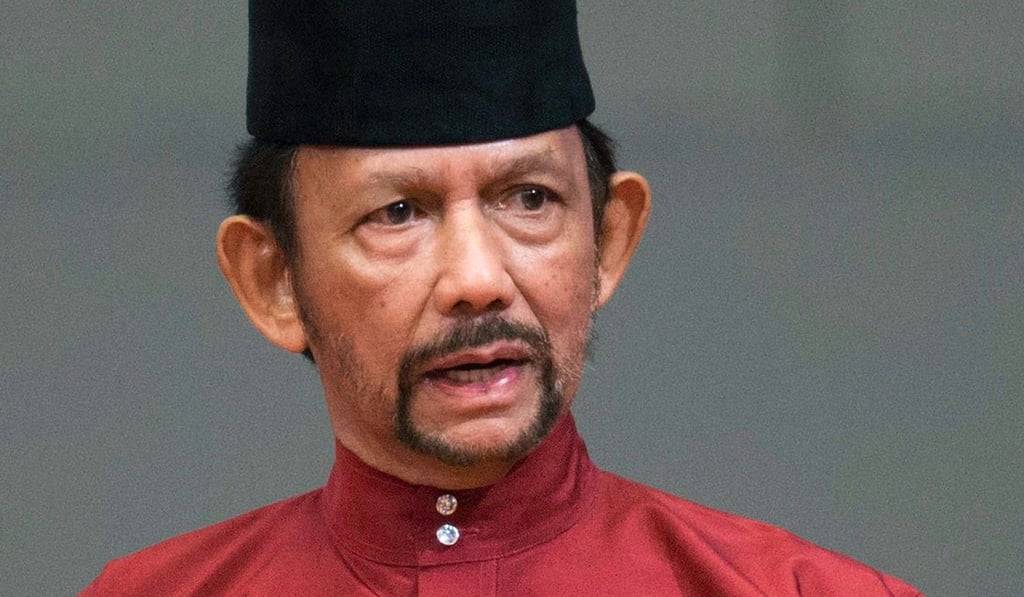Opinion | Brunei LGBT laws: move over George Clooney, why Asian activists are better off without ‘Western saviours’
- Celebrities’ campaign against the implementation of strict sharia laws has focused mainly on gay sex being punishable by death
- The impact of the regressive rules on other segments of society has been neglected

Following Brunei’s implementation of strict sharia or Islamic laws that prescribe death by stoning and whipping for offences such as gay sex and adultery recently, condemnations have poured in thick and fast from many quarters around the world, including American celebrities George Clooney and Ellen DeGeneres.

On May 5, the sultan, in a speech to mark the Muslim fasting month of Ramadan, said Brunei’s de facto moratorium on the death penalty, which had been in place for 20 years, would apply to the new laws.
Later in the week, when Clooney appeared on a television show hosted by DeGeneres, she commented that “George got this started” – referring to the campaign against Brunei’s sharia laws. She then handed the floor to Clooney, who described the sultan’s announcement as “a huge step forward after this giant leap backwards”.
